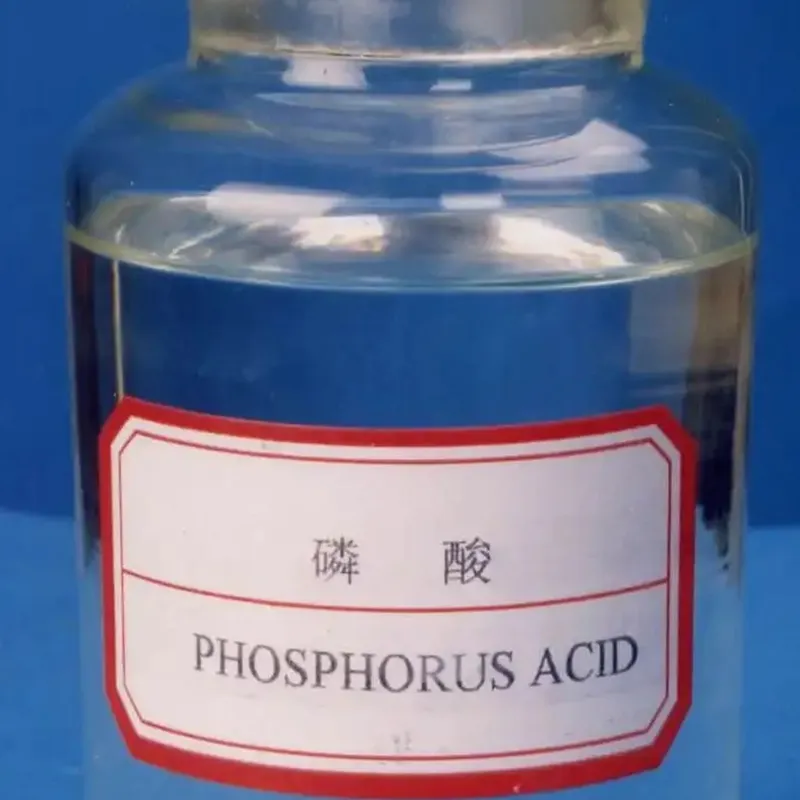
antimicrobial preservatives in food
Antimicrobial Preservatives in Food Safeguarding Quality and Safety
The preservation of food has been an essential practice throughout human history. With the rise of the global food industry, the use of antimicrobial preservatives has gained prominence in ensuring that food products remain safe for consumption over time. These substances play a crucial role in extending the shelf life of various food products by inhibiting the growth of harmful microorganisms, thus preventing spoilage and foodborne illnesses.
Antimicrobial Preservatives in Food Safeguarding Quality and Safety
One of the primary benefits of antimicrobial preservatives is their ability to enhance food safety. Ingesting contaminated food can lead to severe health issues, including food poisoning and serious gastrointestinal disorders. By inhibiting microbial growth, these preservatives help minimize the risk of such incidents. This is particularly important in a world where food supply chains are increasingly complex, and products are shipped across vast distances before reaching consumers. The use of antimicrobial preservatives ensures that food remains safe throughout its journey.
antimicrobial preservatives in food

Moreover, the economic implications of antimicrobial preservatives cannot be understated. Food spoilage is a significant issue that costs the global economy billions of dollars annually. By extending the shelf life of food products, these preservatives help reduce waste and loss, ultimately benefiting both manufacturers and consumers. Retailers are more likely to stock products that have a longer shelf life, which can lead to increased sales and greater customer satisfaction.
However, the use of synthetic preservatives has sparked some debate among consumers and health advocates. Concerns regarding potential adverse health effects, including allergies and long-term toxicity, have led some people to avoid processed foods containing these substances. As a response to growing consumer demand for transparency and health-conscious options, many food manufacturers are exploring natural preservatives as alternatives. The trend toward clean-label products — those with fewer synthetic ingredients — reflects a shift in consumer preferences that prioritizes health and wellness.
Regulatory agencies, such as the FDA and EFSA, play a critical role in the oversight of antimicrobial preservatives in food. These organizations assess the safety and efficacy of preservatives before they can be approved for use. They establish guidelines regarding acceptable levels and monitor their impact on public health. This regulatory framework helps ensure that the benefits of using antimicrobial preservatives do not come at the expense of consumer safety.
In conclusion, antimicrobial preservatives are vital in the food industry, serving to enhance safety, extend shelf life, and reduce waste. While the debate over natural versus synthetic preservatives continues, their importance remains. Striking the right balance between food safety, quality, and consumer preferences will continue to shape the future of food preservation. As new technologies and research emerge, the landscape of antimicrobial preservatives is likely to evolve, leading to innovative solutions that cater to an increasingly health-conscious society.
-
Comprehensive Guide to Acetic Acid as Preservative: Benefits, Uses & Future TrendsNewsNov.24,2025
-
What Is a Food Additive? Global Insights, Applications & Future TrendsNewsNov.24,2025
-
968 Sweetener: The Modern Solution for Health-Conscious SweeteningNewsNov.23,2025
-
Discover the Benefits and Uses of 965 Sweetener (Erythritol) | Tenger ChemicalNewsNov.23,2025
-
961 Sweetener - A Next-Gen Sugar Alternative for Health and IndustryNewsNov.23,2025
-
Understanding 960 Sweetener: The Modern Sugar Alternative for Health and IndustryNewsNov.22,2025
-
Everything You Need to Know About 955 950 Sweeteners – Benefits, Uses, and TrendsNewsNov.22,2025
Hebei Tenger Chemical Technology Co., Ltd. focuses on the chemical industry and is committed to the export service of chemical raw materials.
-

view more DiethanolisopropanolamineIn the ever-growing field of chemical solutions, diethanolisopropanolamine (DEIPA) stands out as a versatile and important compound. Due to its unique chemical structure and properties, DEIPA is of interest to various industries including construction, personal care, and agriculture. -

view more TriisopropanolamineTriisopropanolamine (TIPA) alkanol amine substance, is a kind of alcohol amine compound with amino and alcohol hydroxyl, and because of its molecules contains both amino and hydroxyl. -

view more Tetramethyl Thiuram DisulfideTetramethyl thiuram disulfide, also known as TMTD, is a white to light-yellow powder with a distinct sulfur-like odor. It is soluble in organic solvents such as benzene, acetone, and ethyl acetate, making it highly versatile for use in different formulations. TMTD is known for its excellent vulcanization acceleration properties, which makes it a key ingredient in the production of rubber products. Additionally, it acts as an effective fungicide and bactericide, making it valuable in agricultural applications. Its high purity and stability ensure consistent performance, making it a preferred choice for manufacturers across various industries.





